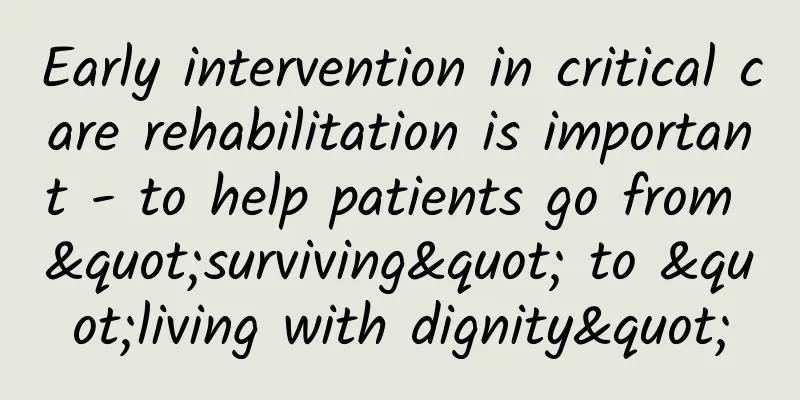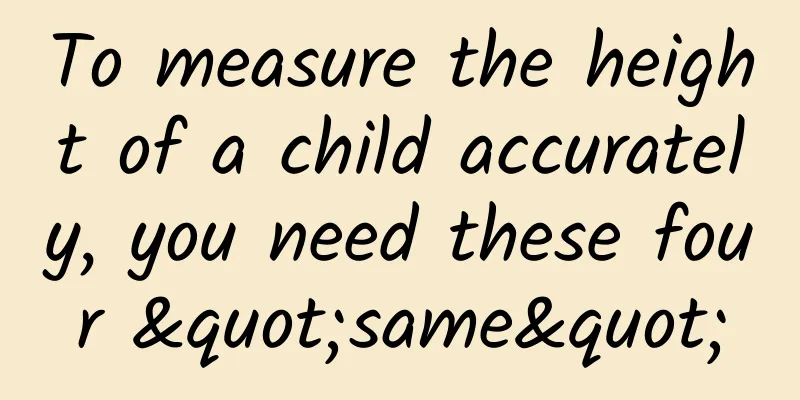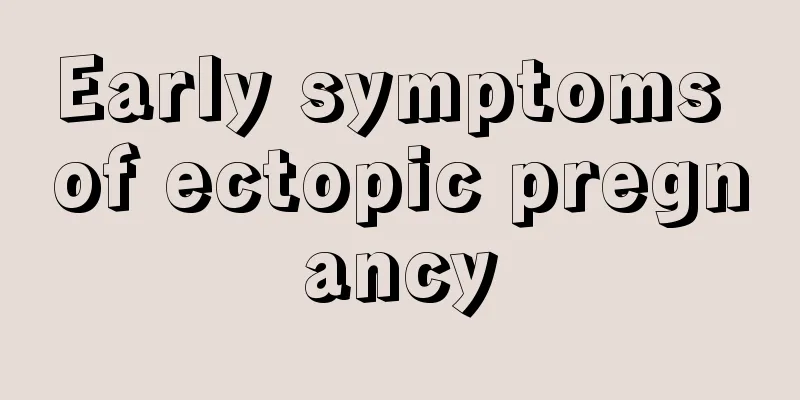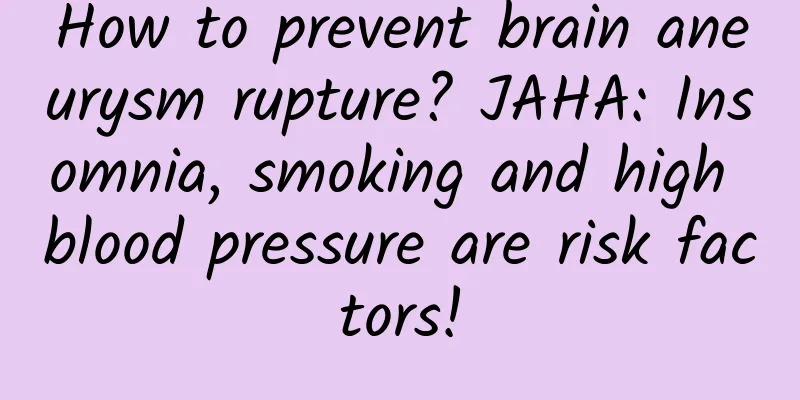If you have kidney disease, don't eat these 8 kinds of food, especially if you have uremia
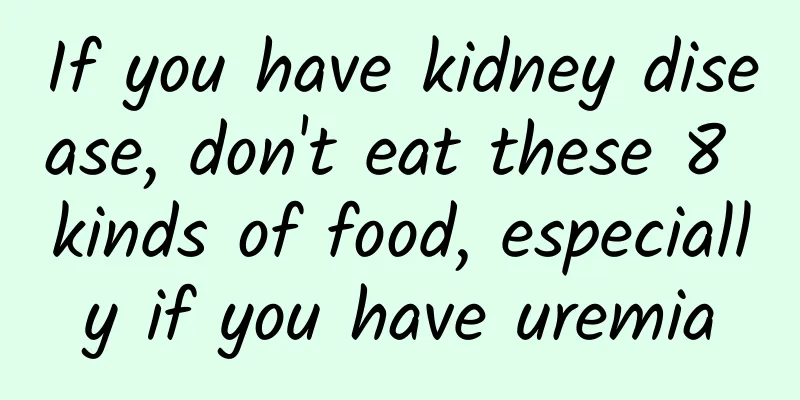
|
Diet control is very important for patients with kidney disease, especially those with uremia. The following 8 kinds of food should be paid special attention and should be avoided as much as possible. 1. Starfruit It contains a neurotoxin that may cause poisoning reactions in patients with renal insufficiency, especially those with uremia, leading to serious consequences such as nausea, vomiting, limb numbness and even coma. 2. Banana Bananas are rich in potassium. The kidneys of patients with kidney disease have reduced potassium excretion ability. Excessive intake of bananas can easily lead to hyperkalemia, which can cause dangerous conditions such as arrhythmia and cardiac arrest. 3. Oranges It also contains high potassium, and consumption by patients with uremia may increase the accumulation of potassium in the body, causing adverse effects on the heart and neuromuscular system. 4. Watermelon The water content is extremely high. Eating it in large quantities will increase the burden on the kidneys, causing worsening edema and may also induce complications such as heart failure. Patients with kidney disease, especially those with uremia, should strictly control their intake. 5. Nuts Foods such as walnuts, almonds, and cashews are high in phosphorus and fat, which will increase the metabolic burden on the kidneys and easily lead to hyperphosphatemia, affecting calcium absorption and bone health. 6. Animal offal It is rich in cholesterol and purine, which will not only aggravate hyperlipidemia, but also may induce gout and further damage kidney function. 7. Pickled Foods The extremely high salt content can lead to water and sodium retention, increase blood pressure, increase the filtration burden on the kidneys, and be detrimental to the control and recovery of kidney disease. 8. Seafood Most seafood contains high levels of protein and purine, which increase the burden on the kidneys. For patients with uremic kidneys, this may lead to an increased risk of azotemia and gout attacks. Kidney disease patients should keep these dietary taboos in mind and strictly manage their diet to protect kidney function, delay disease progression, and improve quality of life. Let us avoid "diet minefields" and protect kidney health! |
<<: A Meat Eating Guide for Dialysis Patients: The Correct Way to Eat
>>: Why do you have a headache after dialysis? Several methods can help you relieve it!
Recommend
"Ginger soaked in vinegar" can nourish the stomach, lose weight and remove dampness? Don't believe it anymore
Rumor: "'Ginger soaked in vinegar' c...
8 purple foods to prevent cancer and anti-aging
Onions are treasures all over, with powerful beau...
How to treat gynecological vulvar itching
Most women will face gynecological problems after...
[Women's Day] Popular Science: Caring for "Her" Health: How Much Do You Know About Breast Cancer?
It is March, and International Women's Day is...
Things to note after successful transplantation
The success of test tube baby transplantation ref...
Pregnancy palms and soles hot boy
What should you do if your palms and soles feel h...
How to do vaginal ultrasound? Is it painful?
Does vaginal ultrasound hurt? Pain is a feeling t...
Will eating rice noodles cause bleeding during ectopic pregnancy?
Ectopic pregnancy is an extremely serious disease...
What to do if your menstrual period is irregular and you have little flow?
If female friends experience irregular menstruati...
Can I eat goose eggs during early pregnancy?
Goose eggs are a type of egg food that is not com...
Know your heart clearly: some basic knowledge about cardiac ultrasound!
The incidence of cardiovascular diseases is incre...
How many days will the bleeding last?
Medical abortion is a common method of abortion. ...
Uterine cavity separation 2mm
Uterine cavity separation is a symptom occurring ...
Whitening methods for women
There are many ways for women to whiten their ski...
How long after caesarean section can I have a second child?
In fact, choosing a cesarean section will cause g...

